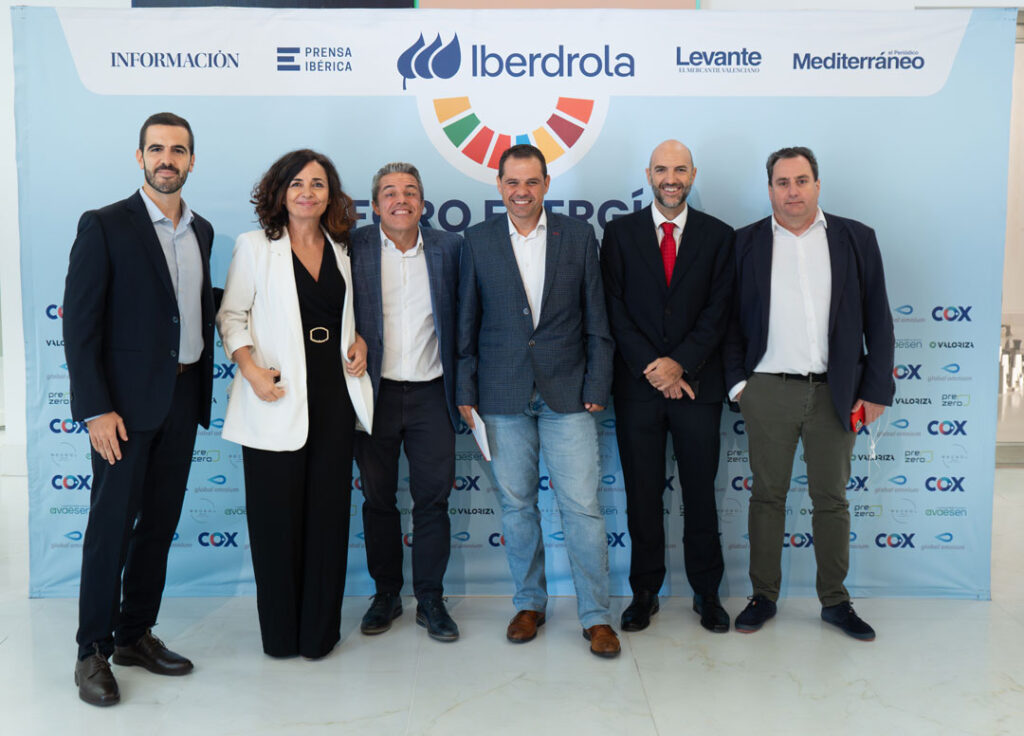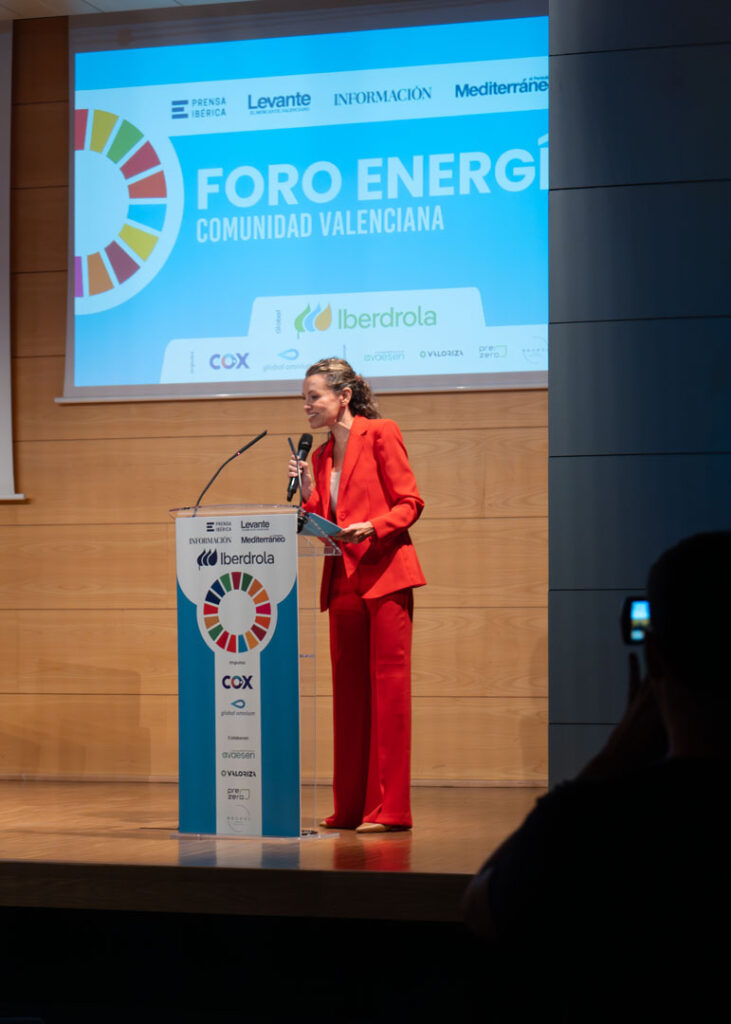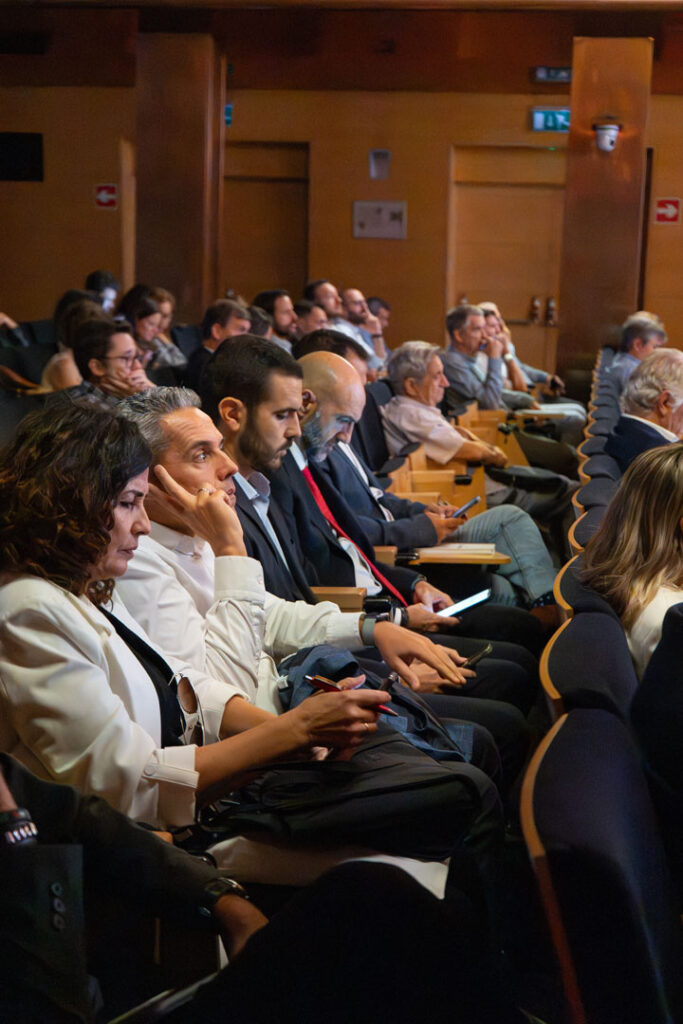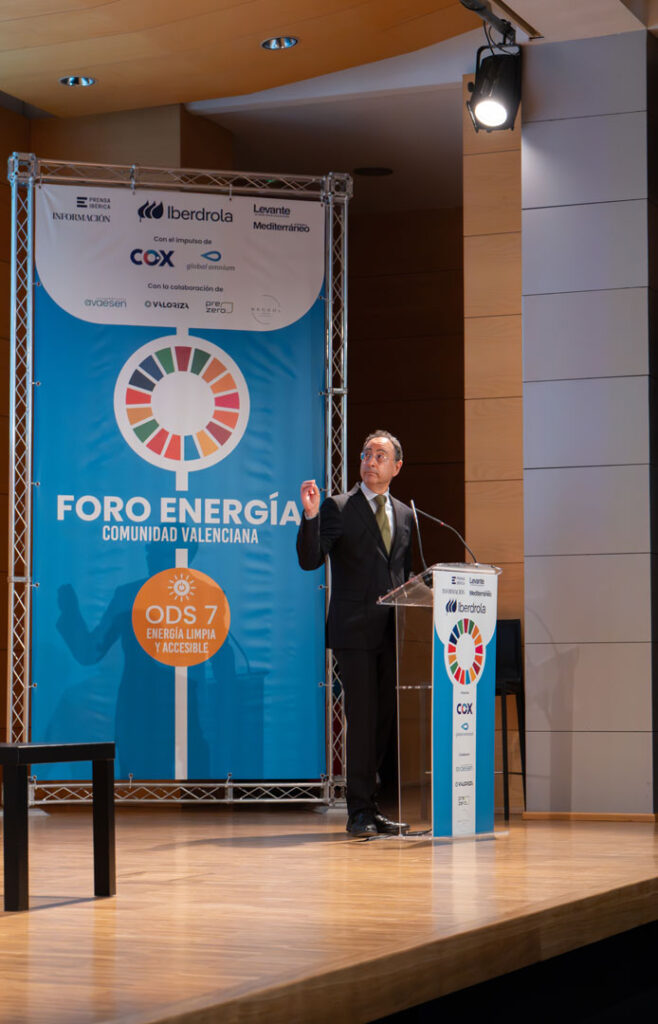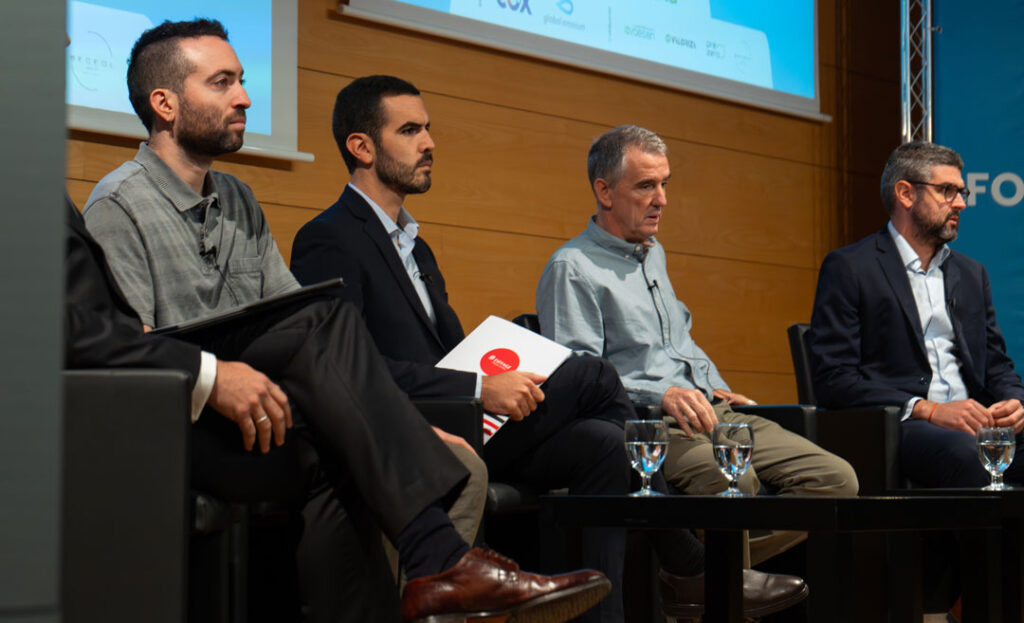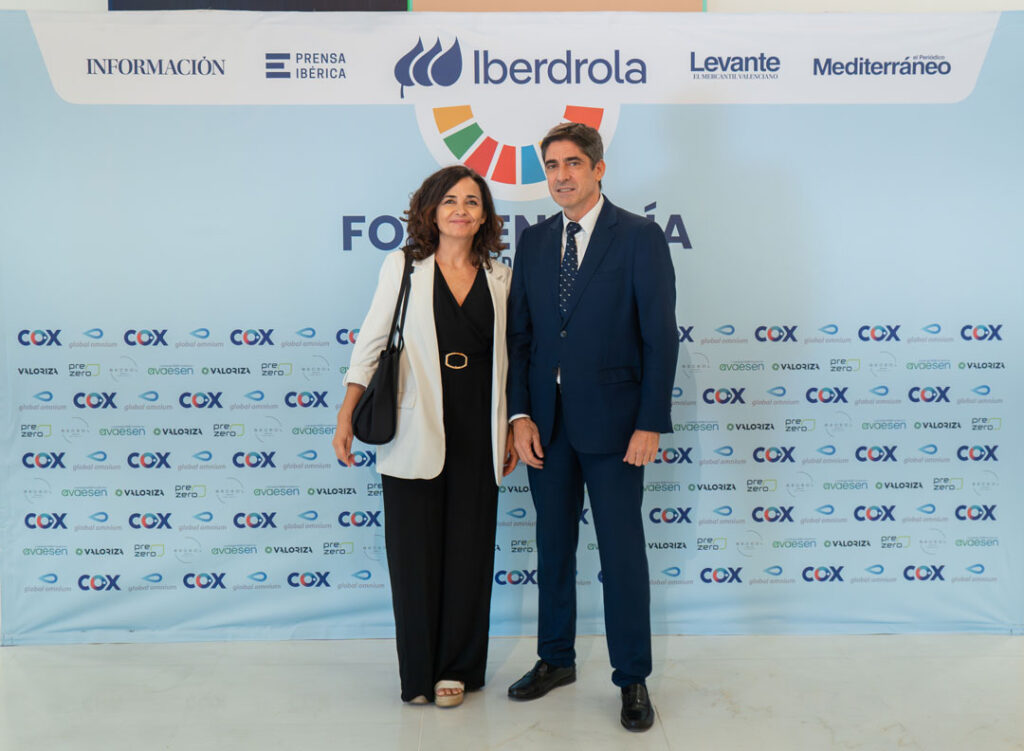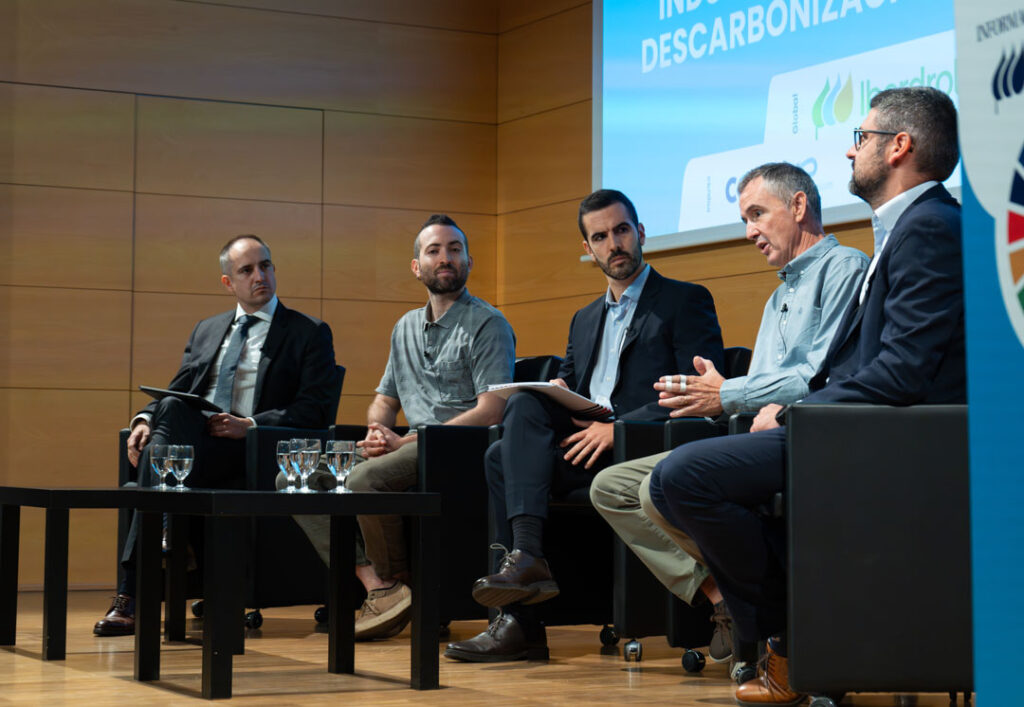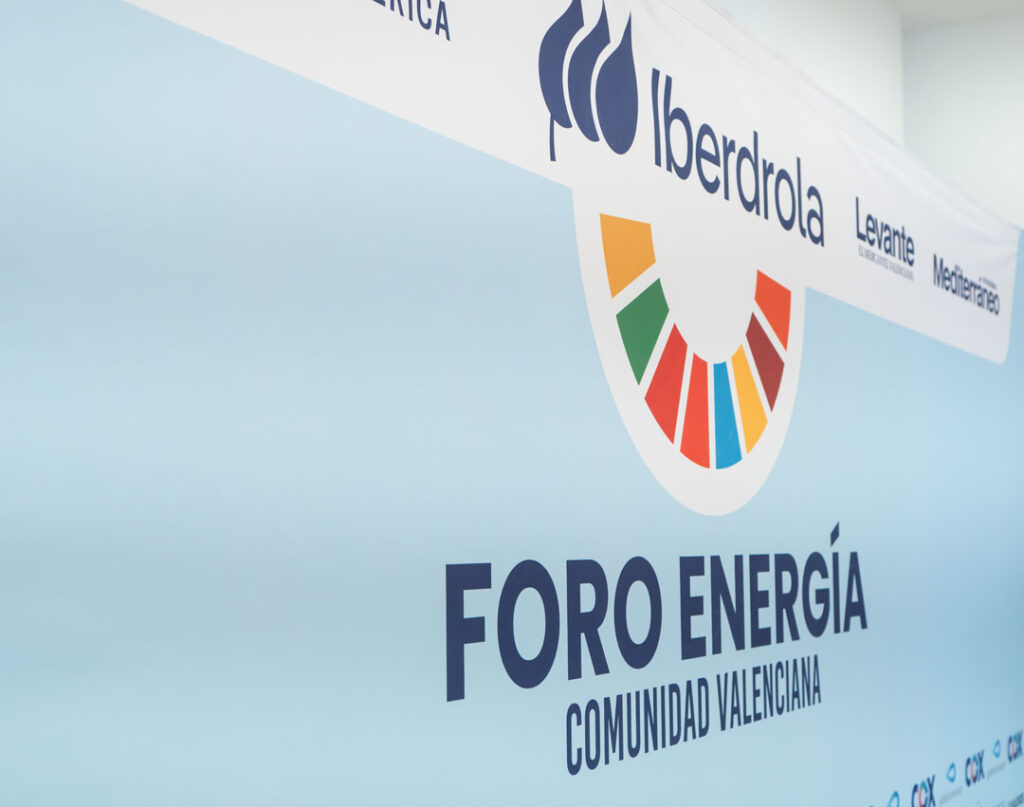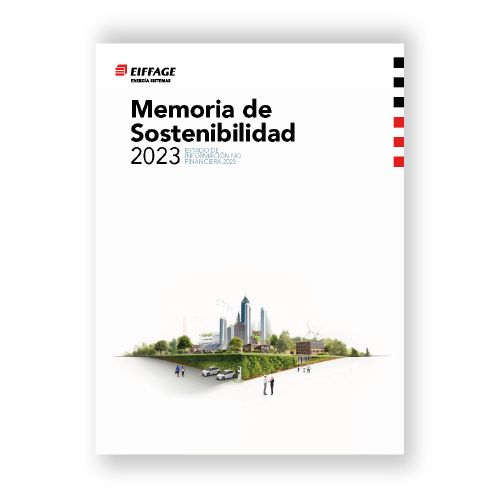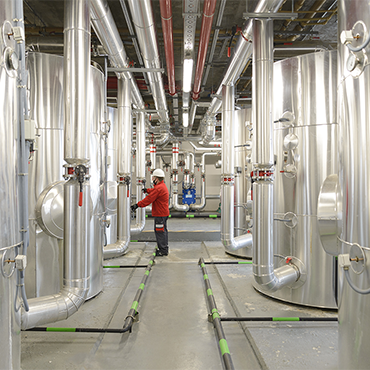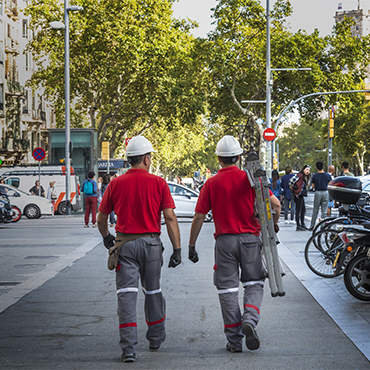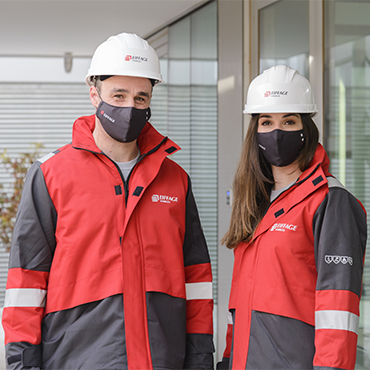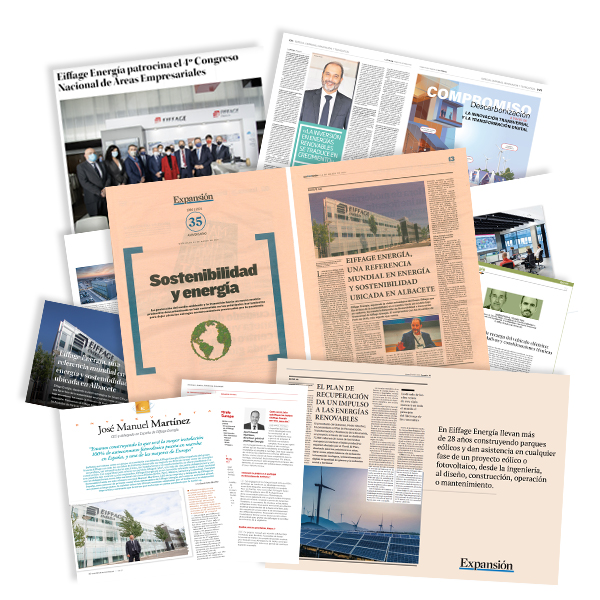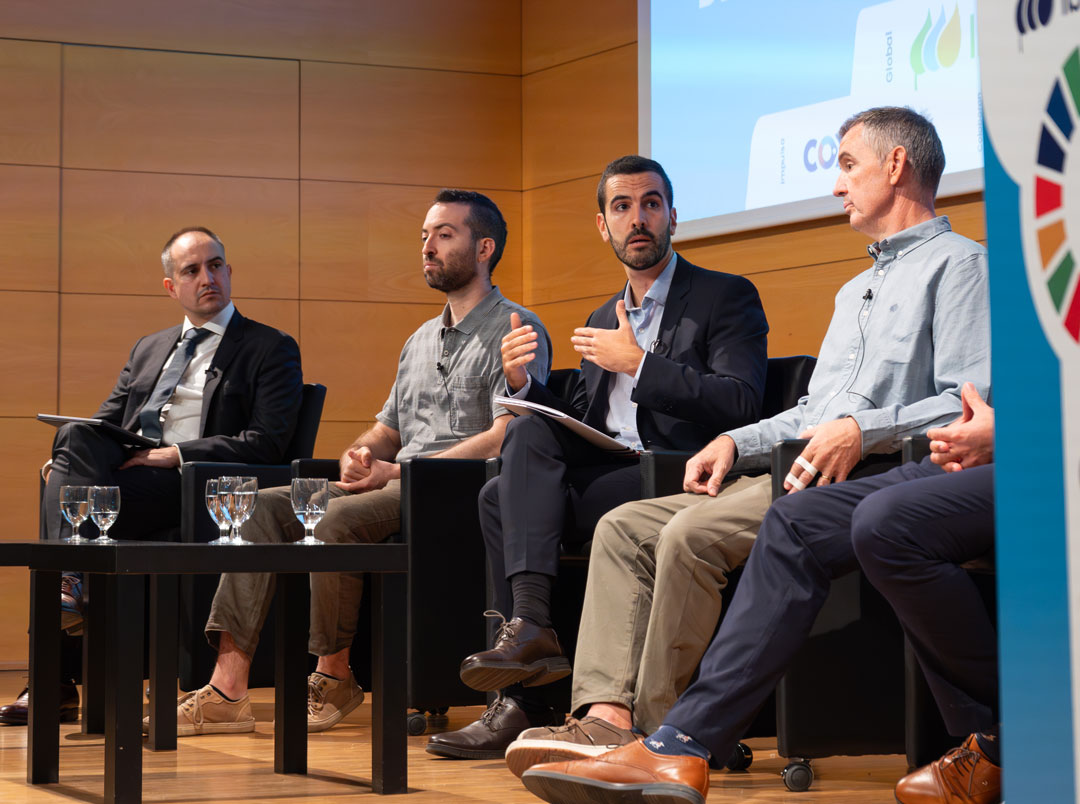Eiffage Energía Sistemas participated in the 3rd ENERGY FORUM of the Valencian Community, organised by Levante-EMV, contributing to the round table discussion entitled “Industrial Energy Communities: keys to business decarbonisation”.
Representing the company was Ramón Gero, Head of Synergies in the Sustainability and Innovation Department at Eiffage Energía Sistemas. Gero shared the company’s strategic vision on how industrial energy communities, supported by modernised management entities, can accelerate the transition to cleaner and more efficient processes.
Key topics of the presentation
During the panel discussion, Ramón Gero addressed three main topics: Energy Saving Certificates (ESCs) and energy efficiency; individual and collective industrial self-consumption; energy storage; and sustainable mobility and charging infrastructure.
On Energy Saving Certificates (CAEs) and energy efficiency, Gero analysed how CAEs can act as mechanisms to stimulate and recognise investments in efficiency, raising the energy performance of industries without compromising their competitiveness.
Ramón Gero recalled that, in this area, Eiffage Energía Sistemas is a delegated entity of the CAE system, which allows them to certify energy savings and channel direct aid to companies, covering up to 70 or 80% of the initial investment.
With regard to individual and collective industrial self-consumption, the head of Synergies in the Sustainability and Innovation Department at Eiffage Energía Sistemas referred to both the individual and collective self-consumption models. For example, solar installations shared between several plants or companies, and how the integration of storage systems contributes to stabilising internal generation and optimising energy management.
“At Eiffage Energía Sistemas, we work with tools such as solar maps, which show the benefits of individual and collective self-consumption. And if users see the collective benefit data, it is easier to work with them. For example, in some cases, having part of my self-consumption at a collective level instead of individual self-consumption can represent a 30% saving in the payback period for that installation,” explained Gero.
With regard to sustainable mobility and charging infrastructure, in line with the new electrification needs of industrial transport and fleets, there was discussion on how energy communities can incorporate charging stations, integrate them into their energy planning and promote cleaner travel.
Management and Modernisation Entities (EGyM)
All of this was approached from the perspective of Management and Modernisation Entities (EGyM) as essential structures for acting as vehicles of governance and operation in industrial energy communities in the Valencia region.
The Forum featured other related debates, such as the situation of new energies in the Valencian Community; electricity grids as a lever for competitiveness; and the future of energy. Representatives from private companies and public institutions in the Valencian Community participated in these debates.
Significance and impact for the Valencian industrial sector
In addition to Ramón Gero, other colleagues from the company attended the Forum, including Vicente Muñoz Saltó, Regional Director of Levante Networks; Matías Gottor, Head of Renewable Energy Business Development; José Belenguer Mas, Head of Production Maintenance in the Levante area, the Valencian Community, Murcia and the Balearic Islands; Fran Belda Silvestre, Head of Regional Business Development for Levante; and Santiago Sanjuan, Director of Sustainable Development and Cross-cutting Innovation.
Eiffage Energía Sistemas’ participation in the forum underscores its active commitment to energy transformation and decarbonisation. By participating in a public-sector dialogue space, the company seeks to share technical experiences and best practices that are already being applied or planned; promote alliances between companies, administrations and energy stakeholders to consolidate efficient industrial communities; and contribute to the Valencian Community’s energy roadmap, aligned with sustainability objectives and just transition guidelines.
It is hoped that these types of meetings will give rise to synergies, projects and commitments that will drive tangible progress towards a cleaner, more collaborative and resilient industrial model.
